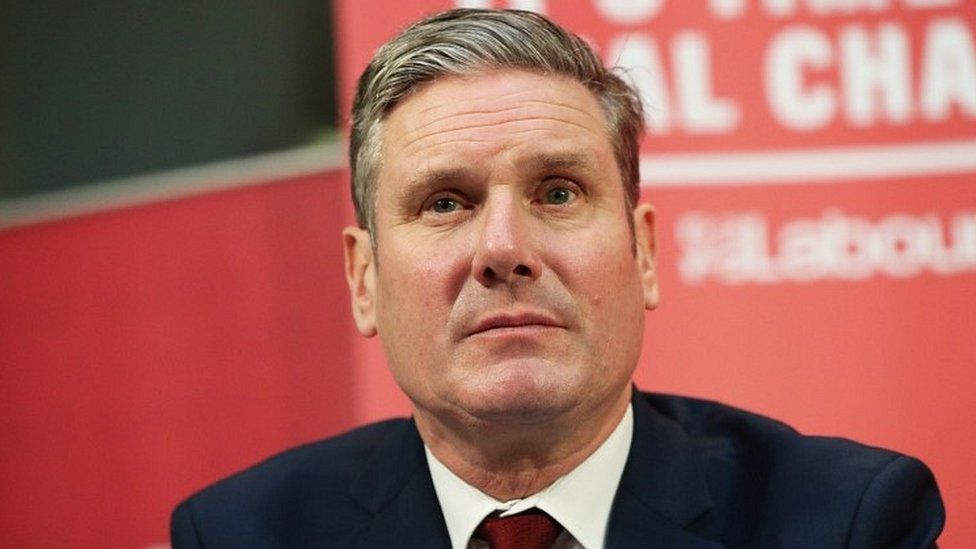September 27, 2021

FILE - This undated file image provided by the City of Rocks National Reserve shows the Inner City formation inside the reserve in southeastern Idaho. Cadaver dogs have found what are probably seven graves of mid-1880s migrants who died in south-central Idaho on the California Trail while crossing what is now the City of Rocks National Reserve.
IDAHO FALLS, Idaho (AP) — Cadaver dogs have found what are probably seven graves of mid-1880s migrants who died in south-central Idaho on the California Trail while crossing what is now the City of Rocks National Reserve.
Experts with the Oregon-California Historic Trails and City of Rocks National Reserve identified two possible graves.
The Post Register reported in a story last week that the cadaver dogs earlier this month confirmed the two sites as containing human remains and then found five more possible burial sites.
“It wasn’t a surprise,” said Tara McClure-Cannon, assistant park manager at City of Rocks. “We had suspected some of these areas in the past based on what they looked like. The dogs were partly confirming our suspicions.”
McClure-Cannon said the park has several options on how to handle the grave sites. It could bring in ground penetrating radar to confirm they are graves containing bodies. In rare cases, potential graves are excavated. The locations of the potential grave sites will be marked with a GPS location, but not made public so they won’t be disturbed.
Jerry Eichhorst, president of the Idaho chapter of the Oregon-California Trails Association, helped locate some of the potential graves and said marking the graves can create problems.
“Unfortunately, a lot of these places are very isolated, and if you put up a fence or anything around it, you just marked it,” Eichhorst said. “We mark that the GPS coordinates are a suspected grave site that’s been verified with cadaver dogs, and you know it’s there and the people that care know it’s there, but it’s not open to the general public for the risk of vandalism.”
About 200,000 migrants passed through the national reserve mainly heading to California on the California Trail that splits off of the nearby Oregon Trail, experts have said, adding that there are probably thousands of migrants buried along the California and Oregon trails.
“It’s estimated that there’s a person buried every quarter mile to every half mile, just depending on the accounts in the stories and such,” he said.
Deb Hurlburt trains, who trains cadaver dogs and works closely with regional search-and-rescue and crime units, said three German shepherds searched an area about the size of two football fields at the national reserve.
“A couple of areas our dogs definitely, based upon their body language, found the smell of human remains,” she said.
Eichhorst and his group have gathered about 2,700 diary entries from emigrants, with some of them indicating burial cites at the City of Rocks National Reserve and others offering clues on people who survived the journey.
“Several years ago I found a diary that referenced writing their name on some rocks at City of Rocks that we’ve never found names on,” Eichhorst said. “I told Wallace Keck, the park manager, about it and sent him the diary. He went out and was able to climb up these rocks and find names on it.”



.jpg?ext=.jpg) Dukovany today. A new power plant adjacent to this is to be built by 2036 (Image: ČEZ)
Dukovany today. A new power plant adjacent to this is to be built by 2036 (Image: ČEZ)








